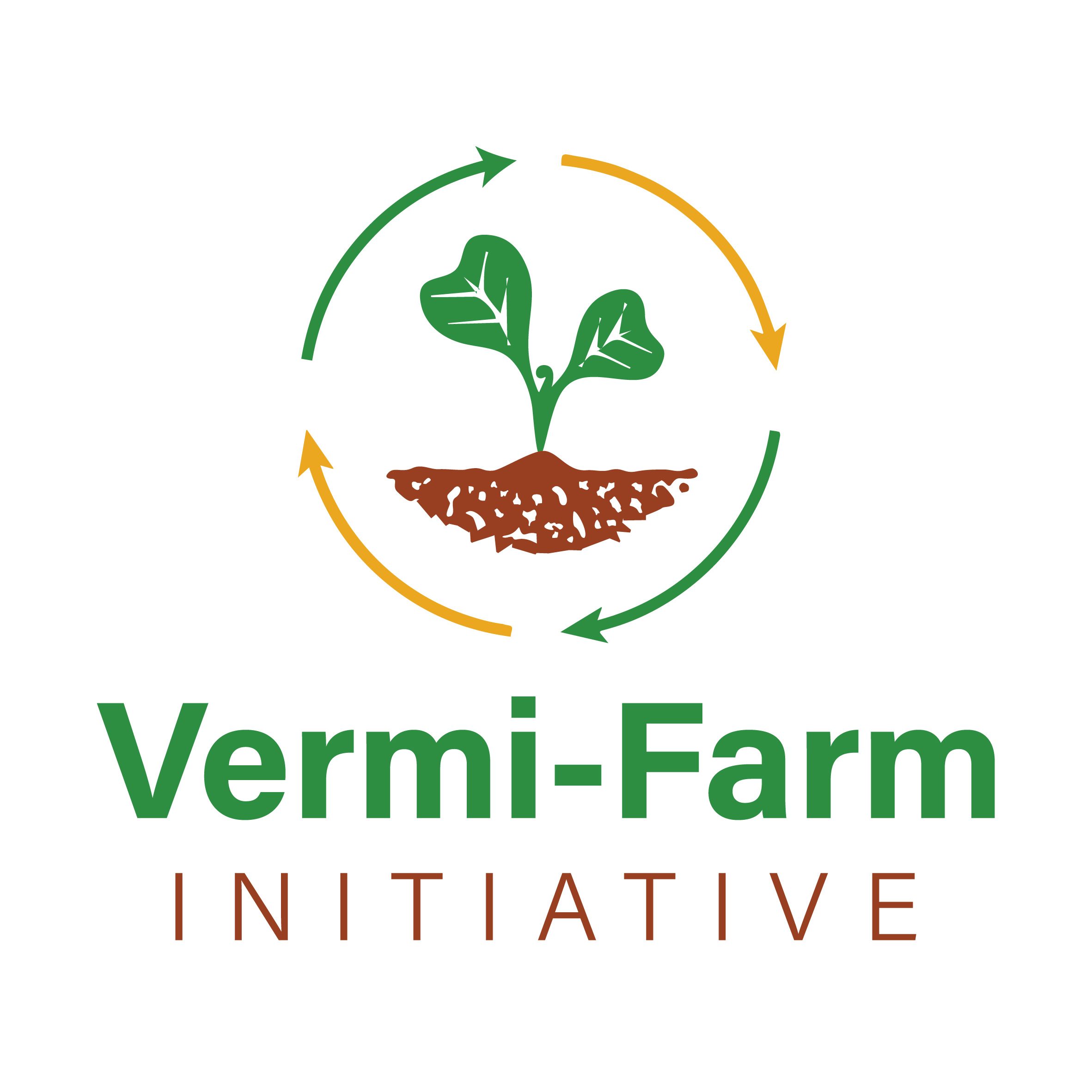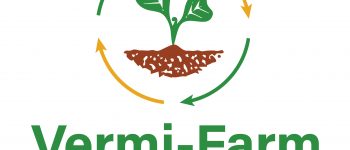Vermi-Farm Initiative is a comprehensive solution designed to address the immediate challenges of food security, climate change, and financial exclusion for smallholder farmers, particularly in rural areas like Igoji, Kenya. This initiative offers an integrated approach that combines sustainable agricultural practices with innovative financial inclusion mechanisms, providing smallholder farmers with the tools they need to overcome the hardships caused by unreliable incomes, climate variability, and limited access to formal financial services.
At the heart of our project is the Vermi-Farm DigiShamba, a modular, low-cost smart greenhouse that addresses the climate change challenges smallholder farmers face. This innovative greenhouse utilizes electroculture technology to enhance soil fertility, reduce dependency on rainfall, and increase crop yields. The DigiShamba is designed to be affordable and scalable, making it accessible to farmers with limited resources. By controlling the growing environment, it ensures higher and more predictable yields, even in areas where erratic weather conditions, like droughts and floods, severely disrupt traditional farming methods. The DigiShamba also promotes sustainable farming by using organic fertilizers derived from food waste, reducing the environmental impact of chemical fertilizers.
The user-centered design of the DigiShamba is focused on smallholder farmers’ specific needs. It is designed to be simple to operate, with minimal training required, and is compatible with the local farming culture and practices. The system incorporates solar-powered technology, making it self-sustaining and environmentally friendly. Additionally, the DigiShamba integrates a monitoring system that allows farmers to track their crops’ growth, water usage, and soil quality, ensuring they can make informed decisions that boost productivity and reduce waste.
The second core component of the Vermi-Farm Initiative is the Vermi-Farm Adapt Finance Program, which provides smallholder farmers with access to essential financial services. In rural areas like Igoji, where 75% of the population lacks access to formal banking services, financial exclusion is a major barrier to economic development. Through the Vermi-Farm Wallet, a USSD-based mobile platform, farmers can access savings, microloans, and insurance products. This platform is designed to be accessible even on basic mobile phones, ensuring that it reaches farmers in the most remote areas, where internet connectivity may be limited.
The Vermi-Farm Wallet offers farmers a secure way to save, borrow, and insure their crops, allowing them to manage the financial risks associated with agriculture. The mobile platform also enables real-time tracking of transactions, providing transparency and accountability in financial dealings. By incorporating community-based financial mechanisms, such as rotating savings and credit groups (ROSCAs), the program encourages collective savings and lending among farmers, helping them support each other in times of need. This financial inclusion mechanism empowers farmers to invest in better farming practices, diversify their income sources, and build resilience against climate-related shocks.
In addition to the DigiShamba and the Adapt Finance Program, the Vermi-Farm Initiative focuses on community empowerment through training and education. We offer a series of workshops that teach farmers how to use the DigiShamba, incorporate sustainable agricultural practices, and understand financial management. These workshops are tailored to the needs of smallholder farmers, with special emphasis on women and youth, who often face additional barriers to accessing resources and opportunities.
Our program also focuses on gender inclusivity, ensuring that women, who represent the majority of farmers in rural areas, have equal access to training, technology, and financial services. Through our partnership with local community leaders, including Village Champions and area chiefs, we ensure that the program is culturally sensitive and aligns with the unique needs of different communities.
Vermi-Farm Initiative aims to break the cycle of poverty and insecurity that smallholder farmers face by providing them with both the tools and the financial means to improve their livelihoods. By equipping farmers with climate-resilient technologies and empowering them with financial inclusion, we envision a future where smallholder farmers in Igoji and across Sub-Saharan Africa can earn a consistent and dignified income, improve food security, and contribute to sustainable development.
Our initiative has the potential to impact over one million smallholder farmers across Sub-Saharan Africa by 2030, offering a scalable solution to the urgent issues of food security, climate change, and financial exclusion. Through continued innovation, partnerships, and community engagement, we are committed to fostering economic resilience, reducing poverty, and promoting climate-smart agriculture for generations to come.
Traditional farming methods, including reliance on rain-fed agriculture, are no longer viable in the face of increasingly erratic weather patterns caused by climate change. Droughts, floods, and other extreme weather events disrupt farming cycles, leaving farmers unable to predict their harvests and earnings. This unpredictability, coupled with insufficient government support for modern farming techniques, means that smallholder farmers are stuck in a cycle of poverty. They are unable to invest in improved farming inputs or technologies, and their crop yields remain low and inconsistent.
Additionally, financial exclusion is a critical issue. With the majority of farmers in Igoji lacking access to formal banking services, they are unable to access credit, savings, or insurance. This exclusion prevents farmers from diversifying their income sources, investing in better farming tools, or protecting themselves against the financial risks associated with crop failure. The lack of financial inclusion not only hampers their ability to improve productivity but also exacerbates the vulnerability of smallholder farmers to climate-related shocks.


